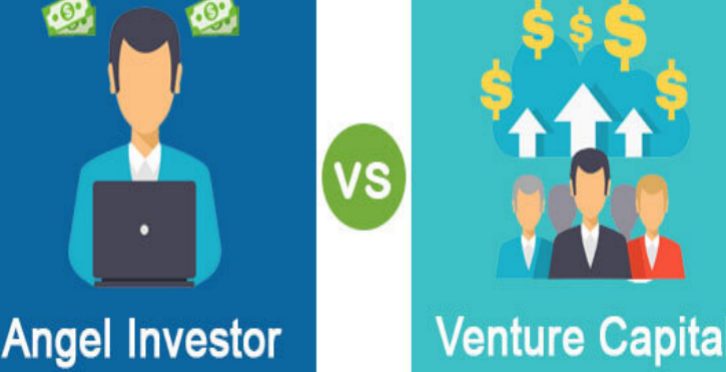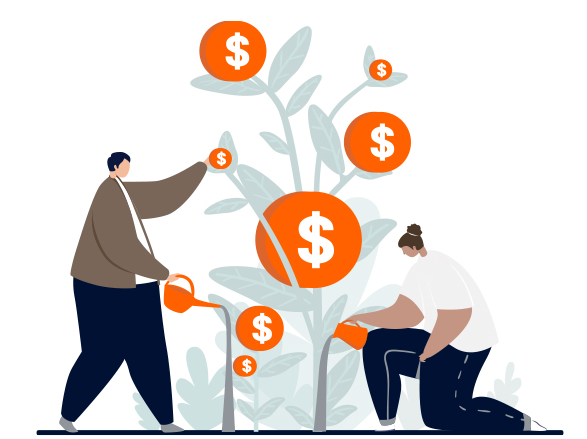“Angel Investor”is originally quoted to describe those wealthy men who survive on earning money on their own.

Nowadays, angel investors are a group of people who provide seed money for companies on the baby stage. As return, angel investors will won the company’s shares. Some angel investment agreements involve offering privilege in purchasing preferred shares ( preferred share holders can enjoy more rights than common share holders bought in the stock market by investors )Other angel investment trading include convertible bond or bond, investors have the right to change them into common share one day.

How does angel investors work compared to venture capitalist
Both angel investors and venture capitalist invest on companies on baby stage and entrepreneurs.
Source of Funds
Angel investors conduct investment by using their own fortune and funds. It’s all by their own choice to decide what to invest, no constrained by others’ approval. That’s why you can become angel investor by using only 50 dollars. Venture capitalist normally get funds from a investor pool. For example, venture capitalist is likely to use others’money to invest or even a portion taken from a venture capital company.
Investment Time
Angel investors normally get initial investment from a company run by their families, friends and acquaintances before venture capitalists enter. Meanwhile, business proposals have already passed the test and generated revenue but the company hasn’t grow into a large size yet. For example, when the market value of the company is lower than five million dollars, angel investors will avoid entering.
Participation in Business Activities
Venture capitalists are normally one part of the company, involving several decisions. They normally continue to exert their positive effects in operating business and play the role as consultants at the same time. However, because they are the sponsors at the early stage, people who are likely to own shares, angel investors normally interact with company management constantly and provide some opinions on business decisions.

How does angel investors work compared with shareholders?
Buying shares in a publicly traded company only gets you a handful of votes out of millions.
As a sponsor of a company at an early stage, you have to get involved in more business and it makes you understand the company better.
However, this visit is based on cost. For example, as the shareholders of Johnson & Johnson, you may have little ability to have a say. However, the risk that the company will go bankruptcy tomorrow is very small.
As angel investors, the company you are facing is different from the Johnson & Johnson when taking about the risk returning situation. Thus, when you become angel investors, you have to use methods which is totally different from traditional stock investment.
The math rethinking of angel investors
There are more risks in angel investment than traditional investment but the return is astronomically high. Therefore, it should account for comparatively small portion in your investment portfolio. We recommend 50-40-10 investment mode, investing 10% of your portfolio in speculative investments.
The calculating method of angel investment is different. The goal for angel investors is not to gain 10% or 20% return in each investment. They only need one or two investments to return 10,000% (or more) to make it worthwhile. In other words, you had better to use smallest money - 50 dollars for each- to invest in different startup company instead of a few.





